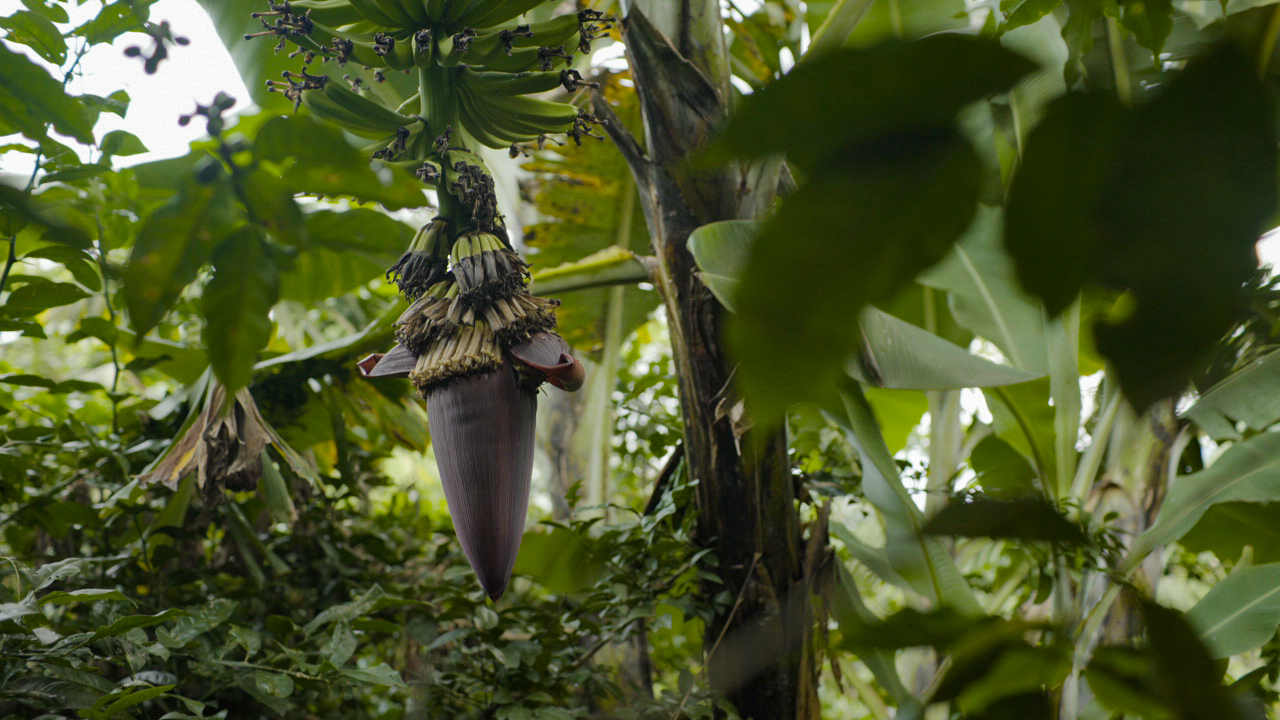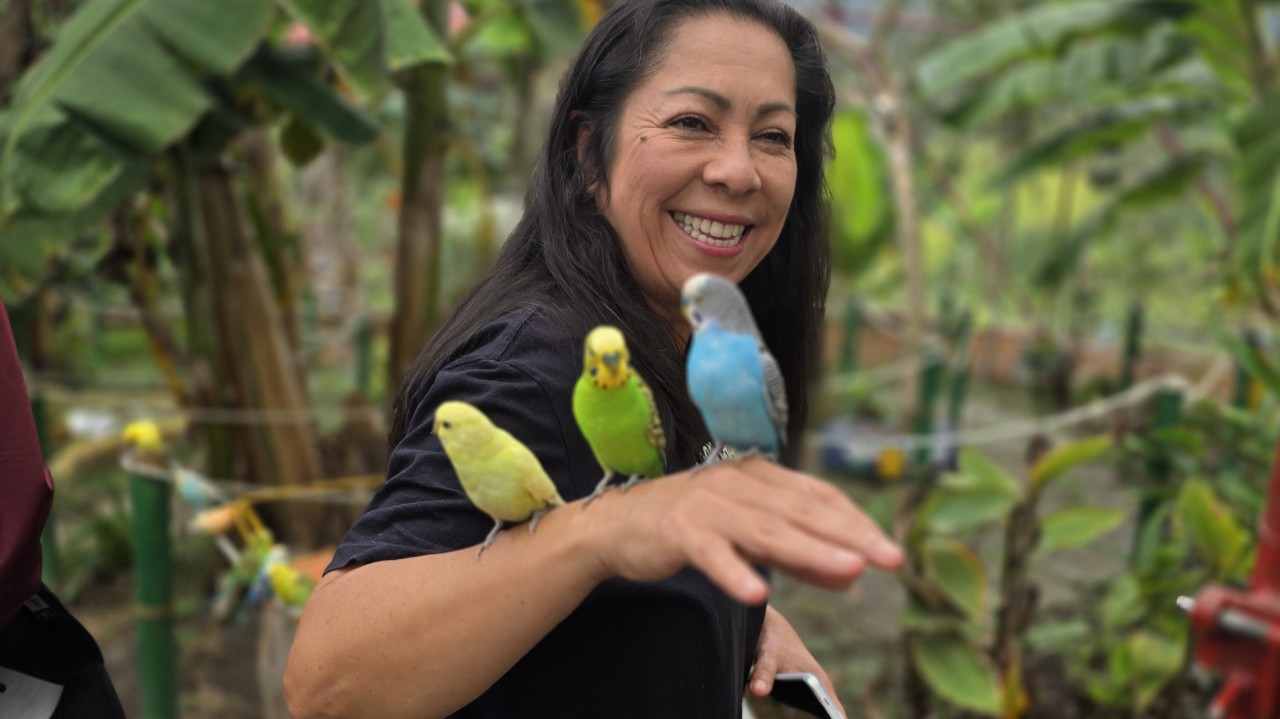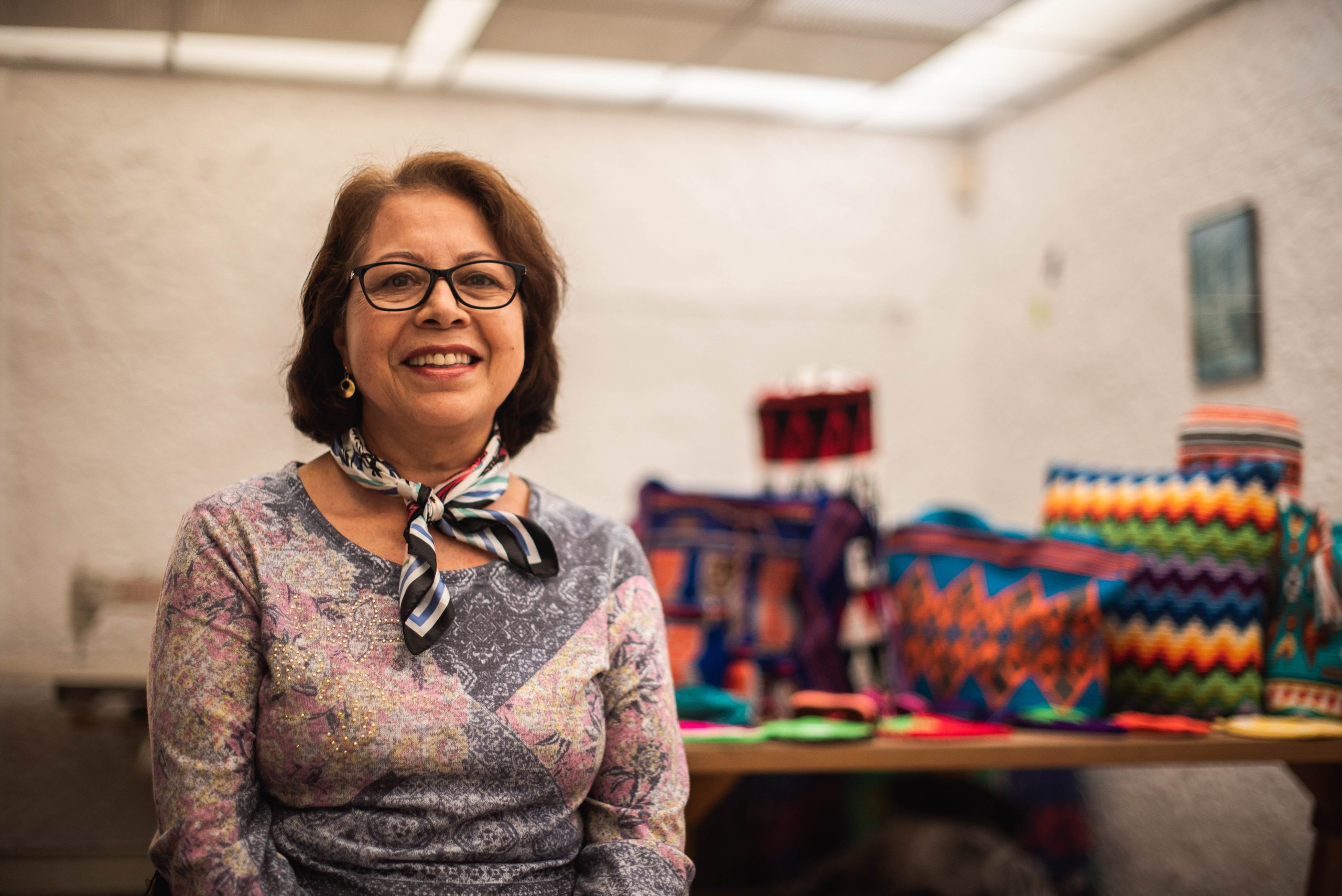Written by: Carolina de Miranda, Director of Social Promotion and Livelihoods at Fundación Capital
Building Sustainable Livelihoods in Mozambique
Between 2021 and 2023, Fundación Capital implemented the Graduation component of the Rural Enterprise Financing Project (REFP) in central Mozambique. The REFP Graduation Program aimed to gradually build the capacities of rural families living in extreme poverty, supporting them to build sustainable livelihoods,strengthen their income and assets, and become more resilient to economic and climate-related shocks, and develop sustainable livelihoods.
Graduation programs are widely recognized as one of the most effective strategies for achieving a sustainable exit from extreme poverty. This approach consists of a sequenced set of interventions aimed to enhance the productive, financial, human, and social assets of people living in extreme poverty.
The program, led by the Ministry of Agriculture with resources from the International Fund for Agricultural Development (IFAD), was implemented by Fundación Capital in the provinces of Sofala, Manica, Tete, and Zambézia. The goal was to reach 5,000 families in the Graduation cycle, which lasted 24 months.
During the program, participants benefited from the following components:
Training and mentoring
Participants received specific training to start and improve their businesses, covering essential business skills, financial education, personal development, and cross-cutting themes such as gender equality. The training sessions were delivered through a mix of group meetings and personalized home visits, ensuring that participants received tailored guidance.. During the training sessions, innovative tools, including edutainment applications on tablets, were used alongside illustrative manuals to enhance the learning experience.
Promoting a Culture of Savings
The program actively encouraged the formation of savings groups, as well as training focal points in communities to support raising awareness among participants for saving habits. Additionally,mobile wallets were introduced to nearly all participants, providing them with a secure and convenient way to manage their finances.
Investment Incentive
This component aimed, on the one hand, to cover basic needs of participants so they could focus on their productive activity and, on the other hand, to promote an initial investment in businesses in the form of seed capital. A co-participation model was deployed, where participants were required to reinvest a portion of the incentive into their business activities
Technical assistance
This component focused on building technical skills specifically related to participants’ agricultural activities. A network of focal points in the communities was trained to replicate training in climate-resilient agricultural techniques for other participants, which was particularly relevant given Mozambique's high vulnerability to climate disasters.
Measuring Success
The program included an evaluation of results that compared different indicators from a baseline (conducted just before the intervention) and an endline (conducted shortly after the end of the intervention). In total, 4,893 people participated in this assessment.
Demographic characteristics of participants
59% of the total participants in the Graduation Program were women. The literacy rate of the population was only 35%, and 53% of participants declared they had no formal education level. Almost 90% of participants were involved in agricultural activities at the beginning of the program, in most cases, subsistence agriculture.
Key Results
By the end of the program, 81% of participants had met the three graduation criteria defined by REFP: completing all training modules, actively saving, and having a sustainable income from a productive activity.
To achieve the last criteria, the program focused heavily on building participants’ entrepreneurial skills and provided continuous support in developing business plans. In the end line, the percentage of participants who felt unprepared to manage their business dropped from 38% to a mere 3%, while those confident in their business management tools increased from 3% to 20%.
Savings and access to mobile wallets
The implementation of the Graduation Program promoted an increase in participants' saving capacity. The percentage of those who declared that their family saved money increased from 38% to 98% (+60 pp). Young women (aged 18 to 34) emerged as the group with the highest average savings, reaching 412.59 Meticais ($6.50). By the programs’ end, 96% of participants were part of a savings group that had been created during the program.
The level of access to a mobile wallet had a sharp increase, rising from 21% at the beginning of the intervention to 96% at the end. Mobile wallets end up being the participants' first contact with the formal financial system and allow for safer financial transactions.
Income growth
The program significantly boosted participating families’ incomes. As shown in the graph below, there was a notable shift in family income distribution towards higher brackets. At the end of implementation, the percentage of families with incomes above 901 meticais ($14.25) increased from 46% to 72%. This positive trend was observed among both male and female participants.
The increase in income also had a profound impact on household financial stability. The probability of a family having a monthly income lower than their expenses dropped by nearly half, from 64% to 34%.
Assets Ownership
After the program execution, participants were more likely to own valuable assets such as bicycles (+10 pp), radios (+8.2 pp), or cell phones (+28.3 pp). Additionally, there was a considerable increase in livestock ownership (+15.72 pp), rising from 47% at the beginning of the intervention to 62%. The program also had significant effects on the ownership of different types of agricultural tools with an average increase of 17% compared to the baseline.
Advancing Gender Equality
Beyond economic indicators, the program also sought to promote greater gender equality between men and women, starting from the premise that women face greater barriers to their productive inclusion. These barriers are often associated with social and gender norms that limit the potential of women and girls within their families and communities.
At baseline, 74% of participants partially or totally agreed with the statement that women are as capable as men of contributing to family income. At the end line, this percentage rose to 88%, reflecting a growing acceptance of women's economic rules. Men also showed greater participation in domestic activities, with the percentage dedicating one or more hours to daily household chores increasing from 70% to 86%.
Improved Food security
The program also had a positive impact on families' food security. A higher percentage of participants considered themselves to be at an adequate weight at the endline, while the proportion of those who considered themselves underweight fell by 17 pp. Participants reported eating fruits, vegetables, fish, and chicken more frequently.
A Sustainable Path Forward
The REFP Graduation Program in Mozambique reinforces the evidence of the Graduation methodology’s ability to improve various aspects of participants' lives. However, the experience in this climate-vulnerable country highlights the need for Graduation programs to incorporate mechanisms that strengthen the resilience and adaptive capacity of the families served. This is crucial to ensure that the positive effects of such programs are sustained over time.
To learn more about our initiatives, follow us, reach out, and share.


